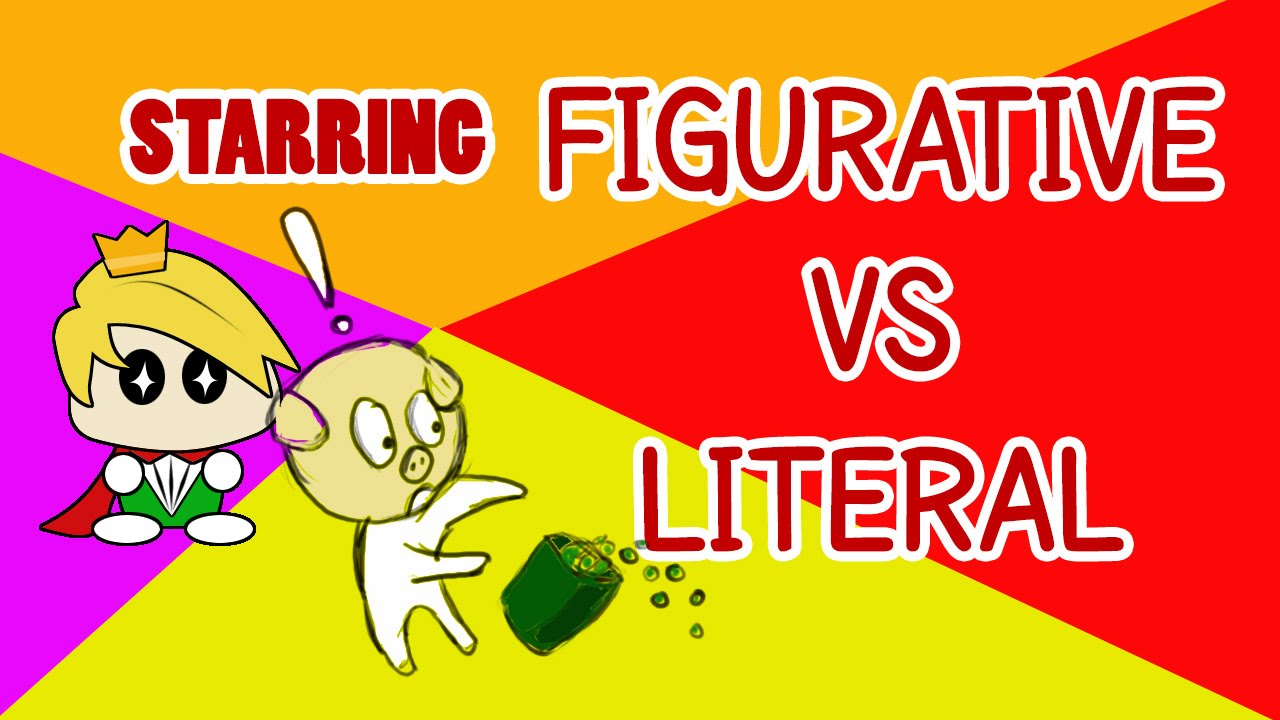Note that your final mark will not be saved in the system.
Form and Structure GapFill
You must fill all the gaps before clicking ‘Check Answers!’

This quiz relates to Shelley's use of language in the novel, and to AO2.
In Chapter 24, Frankenstein observes: 'Despair had indeed almost secured her prey...'. This is an example of .
In Chapter 5, Frankenstein describes the monster as 'a thing such as even Dante could not have conceived.' This is an example of .
In Chapter 4, Frankenstein states his desire to learn the secrets of life, to 'pour a torrent of light into our dark world'. This is an example of .
In Chapter 3, Frankenstein describes the voice of M. Waldman as 'the sweetest I had ever heard'. This is an example of .
In Chapter 1, Frankenstein describes Elizabeth as 'my more than sister, since till death she was to be mine only.' This is an example of .
In Chapter 13, Frankenstein says that the effect of knowledge on the mind is 'like a lichen on the rock'. This is an example of .
In Chapter 10, Frankenstein says: 'The abrupt sides of vast mountains were before me; the icy wall of the glacier overhung me...'. This is an example of .
In a letter to his sister in Chapter 24, Walton describes finding the monster standing over Frankenstein's corpse and says 'Over him hung a form which I cannot find words to describe...'. This is an example of .
In Chapter 4, describing his work, Frankenstein says: 'the moon gazed on my midnight labours, while, with unrelaxed and breathless eagerness, I pursued nature to her hiding-places'. This is an example of .
In Chapter 5, Clerval says of his father: 'You may easily believe [...] how great was the difficulty to persuade my father that all necessary knowledge was not comprised in the noble art of book-keeping...'. This is an example of .
In a letter to his sister in Chapter 1, Walton says: 'I also became a poet and for one year lived in a paradise of my own creation; I imagined that I also might obtain a niche in the temple where the names of Homer and Shakespeare are consecrated'. This is an example of .
In Chapter 17, Frankenstein says of the monster: 'I saw him descend the mountain with greater speed than the flight of an eagle'. This is an example of .
In Chapter 24, the monster says of itself: 'I, the miserable and the abandoned, am an abortion, to be spurned at, and kicked, and trampled on'. This is an example of .
In Chapter 3, Frankenstein observes after his mother's death that: 'the smile that plays upon the lips, although it may be deemed a sacrilege, is not banished'. This is an example of .